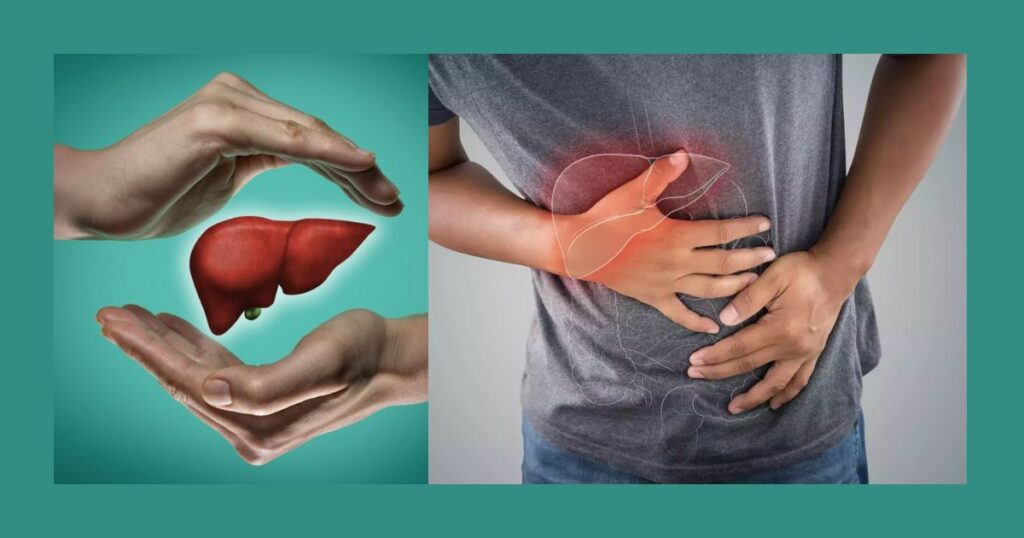The liver is a vital organ responsible for various functions in the body, including detoxification, metabolism, and storage of nutrients. Certain habits and dietary choices can contribute to liver damage over time. Here are some common bad habits and foods that may affect the liver:
1. Excessive Alcohol Consumption:
Heavy alcohol consumption is a leading cause of liver damage. It can lead to conditions such as alcoholic fatty liver disease, alcoholic hepatitis, and cirrhosis.
2. Poor Diet:
A diet high in processed foods, sugar, and unhealthy fats can contribute to non-alcoholic fatty liver disease (NAFLD). This condition is characterized by the accumulation of fat in the liver, which can progress to more severe liver damage.
3. Overeating and Obesity:
Overeating and obesity are risk factors for NAFLD. Maintaining a healthy weight through a balanced diet and regular exercise can help prevent liver problems.
4. High Sugar Intake:
Diets high in added sugars and fructose can contribute to insulin resistance, which may lead to NAFLD.
5. Unprotected Sex and Risky Behaviors:
Certain infections, such as hepatitis B and C, can be transmitted through unprotected sex and risky behaviors. Chronic hepatitis infections can cause long-term liver damage.
6. Smoking:
Smoking has been linked to an increased risk of liver cancer and liver disease. It can also exacerbate existing liver conditions.
7. Overuse of Medications:
Over-the-counter pain relievers, such as acetaminophen (Tylenol), when taken in excess, can cause liver damage. It’s important to follow recommended dosage guidelines.
8. Lack of Exercise:
A sedentary lifestyle and lack of physical activity are associated with an increased risk of NAFLD and obesity.
9. High Salt Intake:
Diets high in salt may contribute to fluid retention and liver cirrhosis in susceptible individuals.
10. Not Getting Vaccinated:
Vaccination against hepatitis A and B can prevent these viral infections, which can cause serious liver damage.
To promote liver health, consider adopting the following habits:
- Maintain a healthy and balanced diet rich in fruits, vegetables, whole grains, and lean proteins.
- Limit alcohol consumption or abstain from it altogether.
- Exercise regularly to maintain a healthy weight and promote overall well-being.
- Practice safe sex and avoid risky behaviors to prevent hepatitis infections.
- Avoid smoking and limit exposure to secondhand smoke.
- Be cautious with medication use and follow recommended dosages.
- Stay hydrated and consider reducing salt intake.
If you have concerns about your liver health, it’s essential to consult with a healthcare professional for personalized advice and guidance. Regular check-ups and screenings can help detect potential liver issues early on.
